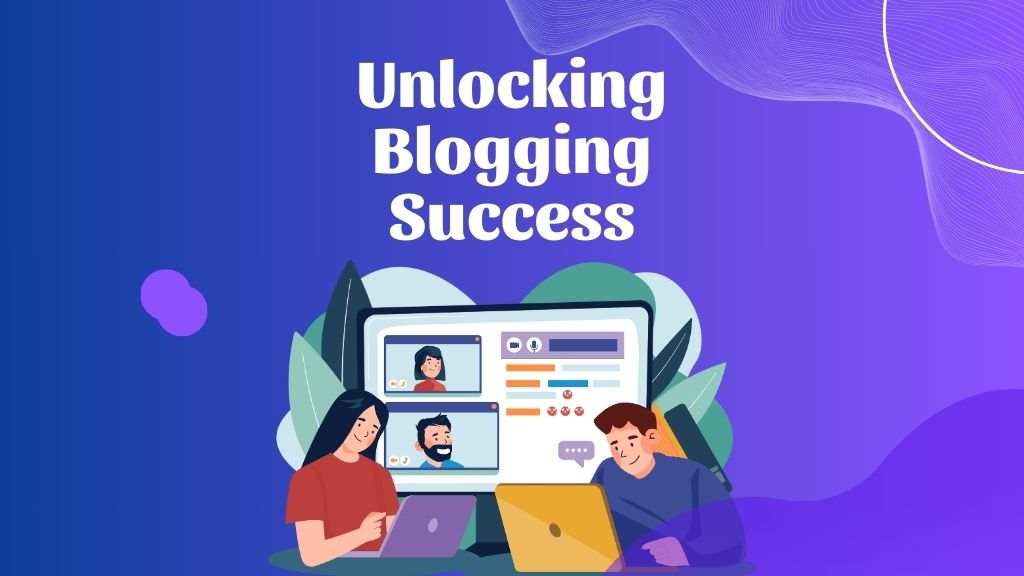LMS is just but a tool. The inherent key issue is still in content population which come to the main gist of this post – what are the types of learning contents which should be in the LMS so as to allow a structured way to manage the (online) learning of the students.
[modalsurvey id=”75506″ style=”flat”]
Some of the links in this article are "affiliate links", a link with a special tracking code. This means if you click on an affiliate link and purchase the item, we will receive an affiliate commission.
The price of the item is the same whether it is an affiliate link or not. Regardless, we only recommend products or services we believe will add value to our readers.
By using the affiliate links, you are helping support our Website, and we genuinely appreciate your support.






